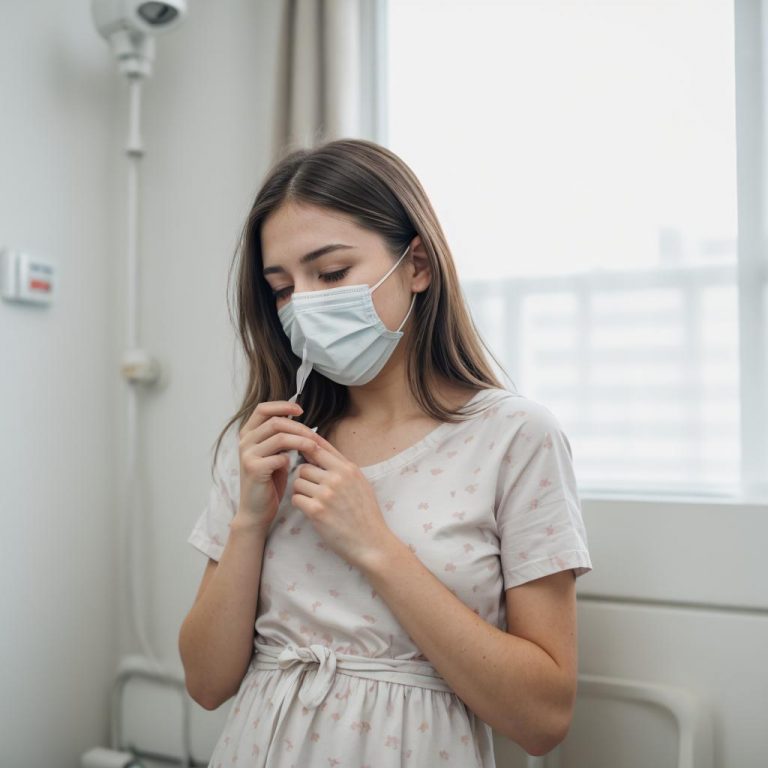
As expectant mothers progress through the final trimester of pregnancy, they often experience a myriad of physical changes, including heightened sensitivity to allergens.
Allergies during the third trimester can present unique challenges, impacting both maternal comfort and fetal well-being. Understanding the symptoms, triggers, and management strategies for allergies in this crucial stage of pregnancy is essential for ensuring optimal health for both mother and baby.

Understanding allergies in pregnancy
Allergies occur when the body’s immune system reacts to substances that are normally harmless, such as pollen, dust, pet dander, or certain foods. During pregnancy, hormonal changes can influence the immune system, potentially altering the body’s response to allergens. Additionally, the physical changes that occur as the baby grows can also affect respiratory function and nasal passages, making pregnant women more susceptible to allergy symptoms.
Common symptoms
The symptoms of allergies during the third trimester are similar to those experienced outside of pregnancy and may include:
Nasal congestion
Sneezing
Itchy, watery eyes
Coughing
Wheezing
Skin rashes or hives
These symptoms can vary in severity and may fluctuate throughout the trimester.
Potential triggers
Identifying and avoiding potential allergens is crucial for managing allergies during pregnancy. Common triggers include:
Pollen
Mold
Dust mites
Animal dander
Certain foods (e.g., nuts, shellfish, dairy)
Pregnant women should also be cautious about exposure to strong odors, smoke, and environmental pollutants, as these can exacerbate allergy symptoms.
Management strategies
Managing allergies during the third trimester requires a combination of avoidance strategies and safe treatment options. Here are some tips for managing allergies during pregnancy:
Avoid Triggers: Whenever possible, minimize exposure to known allergens. This may involve using air purifiers, keeping windows closed during high pollen seasons, and avoiding pets or areas with mold and dust.
Use Nasal Saline Sprays: Saline nasal sprays can help alleviate nasal congestion and reduce irritation without the use of medications.
Practice Good Hygiene: Wash hands frequently, especially after coming into contact with potential allergens. This can help reduce the likelihood of allergic reactions.
Stay Hydrated: Drinking plenty of water can help thin mucus and alleviate congestion.
Consider Safe Medications: Some allergy medications may be safe to use during pregnancy, but it’s essential to consult with a healthcare provider before taking any medication. Antihistamines such as loratadine or cetirizine are often considered safe options, but others, like decongestants, may pose risks and should be avoided.
Seek Professional Guidance: If allergy symptoms are severe or persistent, pregnant women should seek guidance from their healthcare provider. They can provide personalized recommendations and may refer to an allergist for further evaluation and management.
Allergies during the third trimester of pregnancy can be challenging to manage, but with proper understanding and proactive measures, symptoms can be alleviated, ensuring a more comfortable experience for expectant mothers. By identifying triggers, practicing avoidance strategies, and seeking appropriate medical guidance, pregnant women can effectively manage allergies while safeguarding the health and well-being of themselves and their unborn babies.



